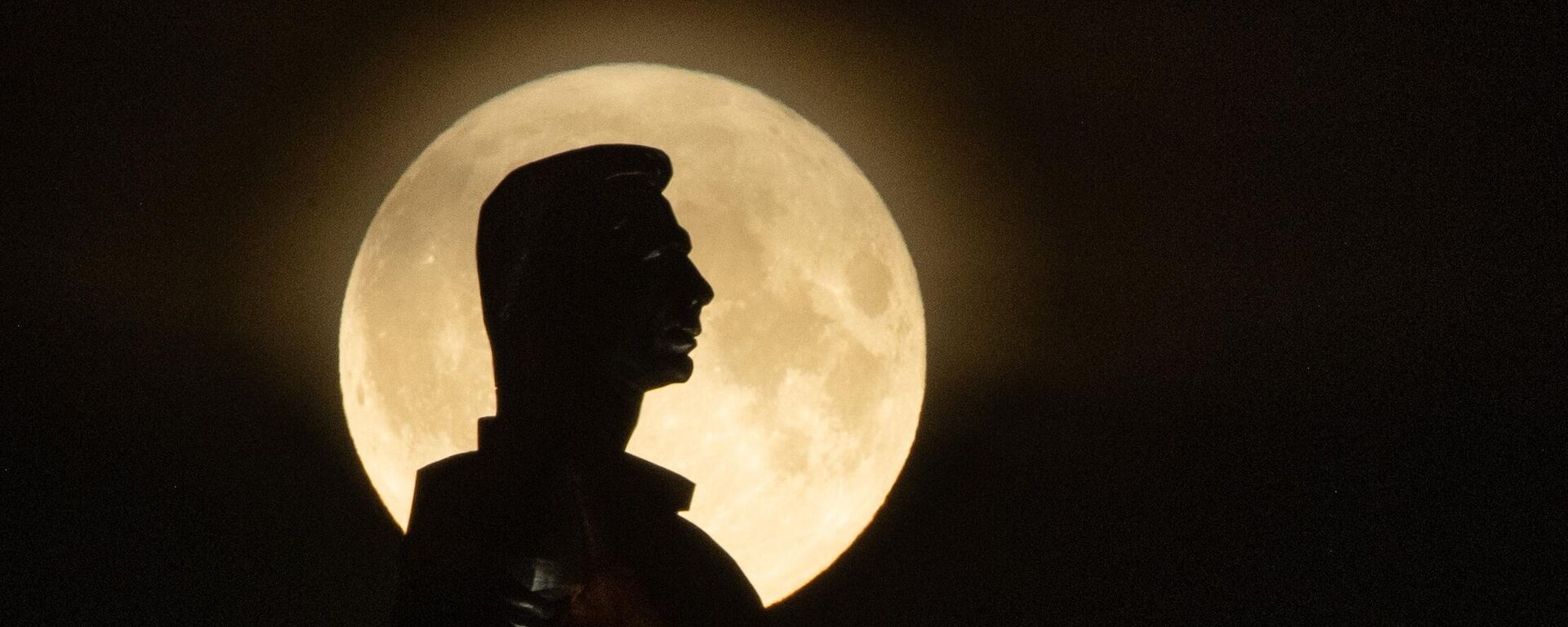Africa’s Space Future: Inspired by Gagarin, Powered by Collaboration
08:57 12.04.2025 (Updated: 11:32 12.04.2025)

© Photo AI-generated image
Subscribe
This Saturday, Russia commemorates Cosmonautics Day, marking the historic first human spaceflight by Soviet cosmonaut Yuri Gagarin. In 2011, the United Nations General Assembly designated April 12 as the International Day of Human Space Flight, honoring the groundbreaking crewed mission achieved on April 12, 1961, by the then 27-year-old Gagarin.
As Russia celebrates Cosmonautics Day, Dr. Dimane Mpoeleng, Project Lead of BOTSAT at the Botswana International University of Science and Technology, draws inspiration from the legacy of Yuri Gagarin—reminding Africa that the stars are within reach, despite the challenges.
"That [Gagarin's flight] happened when technology was not this developed, like today. Africa is lucky that it's sitting on technology that is far better than what he used then... So, it means that despite our political and socioeconomic status in Africa, we have the technology to actually do what he did then. This is an inspiration," he told Sputnik Africa.
Africa’s space success lies in balancing grassroots innovation with continental collaboration, Dr. Dimane Mpoeleng, Project Lead of BotSat, tells Sputnik Africa on the occasion of the Cosmonautics Day pic.twitter.com/kiEMa3D0Cy
— Sputnik Africa (@sputnik_africa) April 12, 2025
Moreover, Dr. Mpoeleng challenged the narrative of limitation:
"Do not have excuses. Don't say, ‘Oh, the government does not buy into this. Oh, we don't have a space agency. Oh, Africa is so backward.’ You have something around you that you can scavenge on and then launch a mission," he said.
Looking ahead, he sees a successful model emerging from both national initiatives and regional cooperation.
"It's important to start small. Let smaller countries do something on a smaller scale, and then... have regional cooperation on building better satellites that are multinational," the speaker explained.
On Cosmonautics Day, Dr. Dimane Mpoeleng, Project Lead of BotSat, reminded Africa that the stars are well within reach:
— Sputnik Africa (@sputnik_africa) April 12, 2025
“If somebody did it with one-tenth or even 1% of the power of your cell phone today... Why can't you do it today?” pic.twitter.com/sm3nXQ2DSe
Yet, he cautioned that continental collaboration should not overshadow the ambitions of smaller nations:
"We don't want a situation whereby Africa takes just a bold move of cooperation... that could cloud the chance of smaller ones going for it themselves and then learning and making mistakes," Dr. Mpoeleng concluded.


